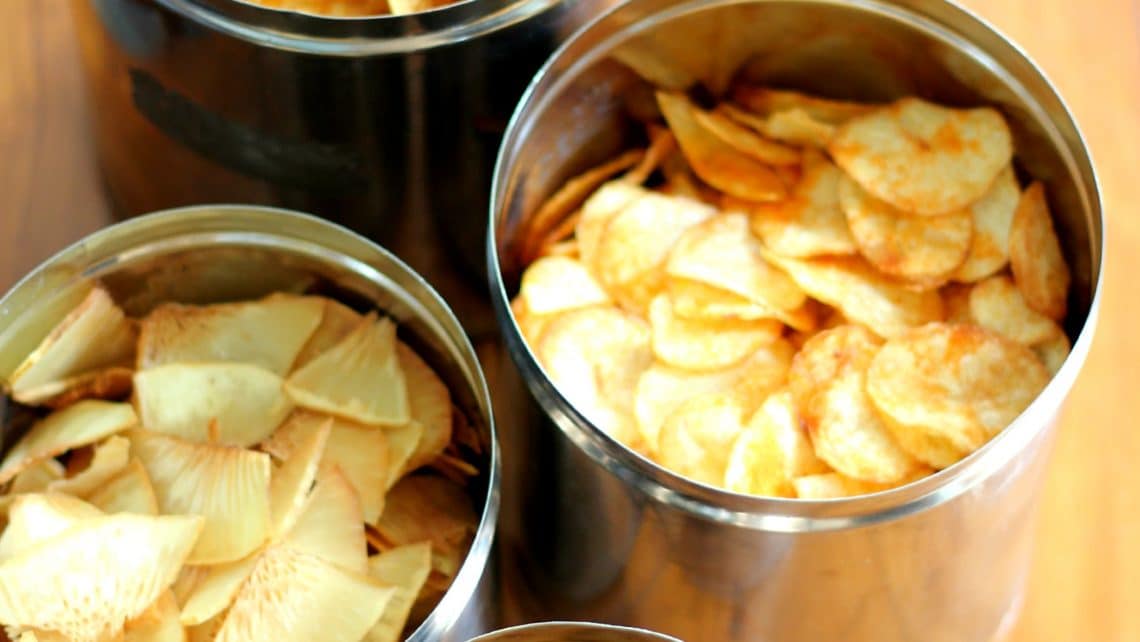As eating habits are becoming increasingly fragmented and the traditional meal structure is changing, how can snack brands use experiential marketing to ensure they keep up with the formation of new consumer typologies and behaviours, while effectively communicating core brand and product benefits to a generation increasingly numb to traditional marketing?
The Fast Casual Generation of Millennials is dictating the future of the food industry thanks to their hunger for convenient, healthy and affordable meal options and experiences. Due to busier, urban lifestyles it is no news that people’s eating patterns are shifting from the traditional structure of three meals a day to an all-day eating habit of several smaller meals.
While convenience food once used to be associated with processed food for extended shelf-life, today this is far from the case and with the culinary knowledge of the average consumer on the rise; Millennials are demanding transparency and crave ethically sourced meals, full of flavour. As a result more and more people are becoming aware of the benefits of natural ingredients and brands that bridge the gap between nutrition and indulgence are the big winners.
Additionally, Millennials form a dynamic generation of global foodie explorers with a desire for genuine, organic discovery but with a somewhat polarised attitude, looking for both high engagement experiences and simple solutions to fit in with their high paced lives.
So how do food brands effectively keep up with these fast changing habits and demands when communicating to a generation for whom traditional mass marketing is dead?
“Consumers who have had a chance to experience or trial a product are 96% more inclined to make a purchase.”
Millennials are experiencing brands as they want, when they want, meaning that brands need to be where the consumers are. Research has shown that consumers who have had a chance to experience or trial a product are 96% more inclined to make a purchase, but these opportunities need to be carefully structured in order to target consumers in the right frame of mind. Consumers are tired of brands constantly vying for their attention; instead they look for deeper connections and don’t mind putting in the effort to seek out these types of experiences. A report by Campaign last year further echoes this when 77% of consumers surveyed stated that being the first to discover something new is of great importance to them.
By creating experiential marketing strategies that allow consumers to, in their own time, interact with brands and products in an authentic and honest manner, powerful memories and stories are formed which as a result get shared with friends and families, helping brands to establish enduring connections with their consumers.
Experiential Marketing comes in many forms; from simple product sampling campaigns to full-blown branded environments at festivals or other targeted foodie events, but whether you are marketing a breakfast bar or a crisp brand, creating meaningful and emotive experiences that resonate, is imperative to successfully connect with younger and future demographics.
